Ecocriticism
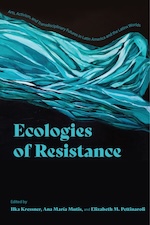
Ecologies of Resistance
Arts, Activism, and Transdisciplinary Futures in Latin America and the Latinx Worlds
Edited by Ilka Kressner, Ana María Mutis, and Elizabeth M. Pettinaroli
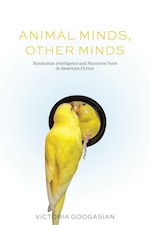
Animal Minds, Other Minds
Nonhuman Intelligence and Narrative Form in American Fiction
Victoria Googasian
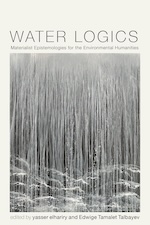
Water Logics
Materialist Epistemologies for the Environmental Humanities
Edited by yasser elhariry and Edwige Tamalet Talbayev
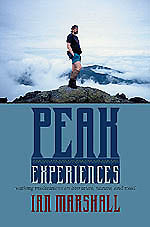
Peak Experiences
Walking Meditations on Literature, Nature, and Need
Ian Marshall
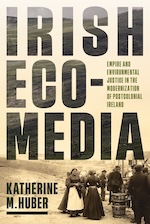
Irish Ecomedia
Empire and Environmental Justice in the Modernization of Postcolonial Ireland
Katherine M. Huber
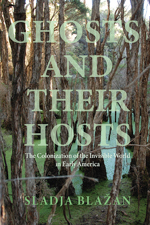
Ghosts and Their Hosts
The Colonization of the Invisible World in Early America
Sladja Blažan
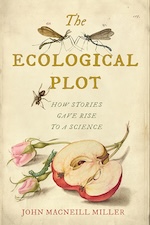
The Ecological Plot
How Stories Gave Rise to a Science
John MacNeill Miller
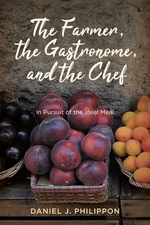
The Farmer, the Gastronome, and the Chef
In Pursuit of the Ideal Meal
Daniel J. Philippon

Haunting Ecologies
Victorian Conceptions of Water
Ursula Kluwick
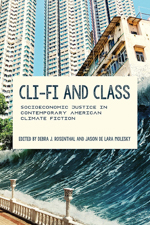
Cli-Fi and Class
Socioeconomic Justice in Contemporary American Climate Fiction
Edited by Debra J. Rosenthal and Jason de Lara Molesky
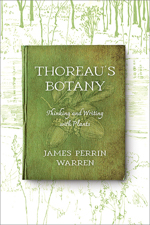
Thoreau’s Botany
Thinking and Writing with Plants
James Perrin Warren

Climate Change and Original Sin
The Moral Ecology of John Milton's Poetry
Katherine Cox
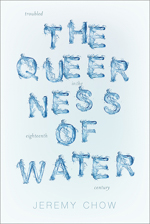
The Queerness of Water
Troubled Ecologies in the Eighteenth Century
Jeremy Chow
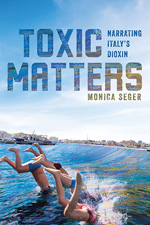
Toxic Matters
Narrating Italy’s Dioxin
Monica Seger
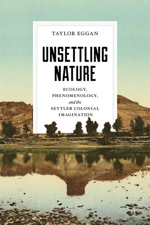
Unsettling Nature
Ecology, Phenomenology, and the Settler Colonial Imagination
Taylor Eggan
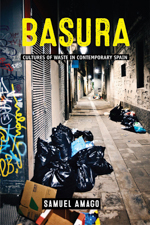
Basura
Cultures of Waste in Contemporary Spain
Samuel Amago
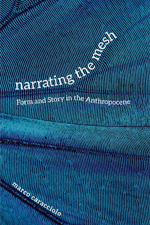
Narrating the Mesh
Form and Story in the Anthropocene
Marco Caracciolo
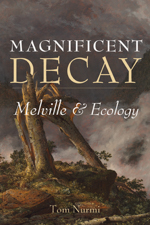
Magnificent Decay
Melville and Ecology
Tom Nurmi

New Woman Ecologies
From Arts and Crafts to the Great War and Beyond
Alicia Carroll
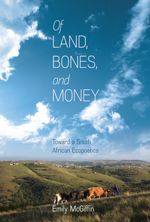
Of Land, Bones, and Money
Toward a South African Ecopoetics
Emily McGiffin

Evergreen Ash
Ecology and Catastrophe in Old Norse Myth and Literature
Christopher Abram

Italy and the Environmental Humanities
Landscapes, Natures, Ecologies
Edited by Serenella Iovino, Enrico Cesaretti, and Elena Past
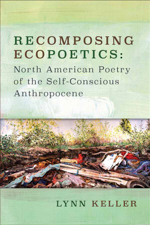
Recomposing Ecopoetics
North American Poetry of the Self-Conscious Anthropocene
Lynn Keller

Building Natures
Modern American Poetry, Landscape Architecture, and City Planning
Julia Daniel
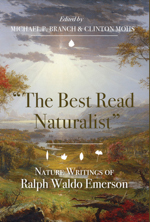
"The Best Read Naturalist"
Nature Writings of Ralph Waldo Emerson
Ralph Waldo Emerson. Edited by Michael P. Branch and Clinton Mohs
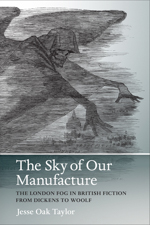
The Sky of Our Manufacture
The London Fog in British Fiction from Dickens to Woolf
Jesse Oak Taylor
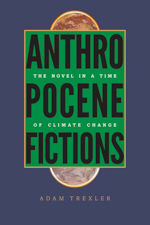
Anthropocene Fictions
The Novel in a Time of Climate Change
Adam Trexler
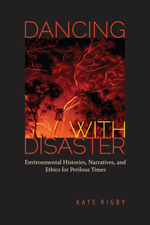
Dancing with Disaster
Environmental Histories, Narratives, and Ethics for Perilous Times
Kate Rigby
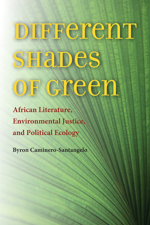
Different Shades of Green
African Literature, Environmental Justice, and Political Ecology
Byron Caminero-Santangelo
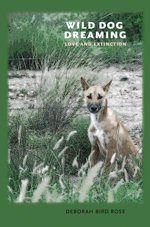
Wild Dog Dreaming
Love and Extinction
Deborah Bird Rose
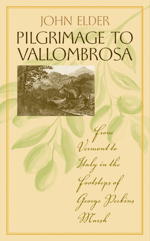
Pilgrimage to Vallombrosa
From Vermont to Italy in the Footsteps of George Perkins Marsh
John Elder
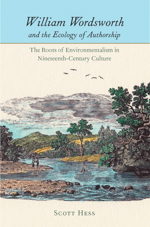
William Wordsworth and the Ecology of Authorship
The Roots of Environmentalism in Nineteenth-Century Culture
Scott Hess
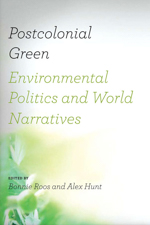
Postcolonial Green
Environmental Politics and World Narratives
Edited by Bonnie Roos and Alex Hunt
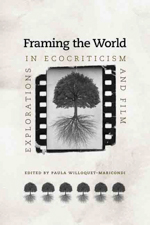
Framing the World
Explorations in Ecocriticism and Film
Edited by Paula Willoquet-Maricondi
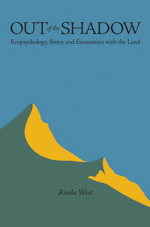
Out of the Shadow
Ecopsychology, Story, and Encounters with the Land
Rinda West
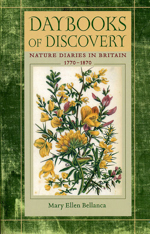
Daybooks of Discovery
Nature Diaries in Britain, 1770–1870
Mary Ellen Bellanca
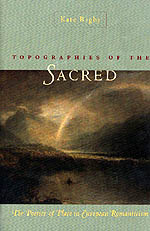
Topographies of the Sacred
The Poetics of Place in European Romanticism
Kate Rigby

Eco-Man
New Perspectives on Masculinity and Nature
Mark Allister, ed.
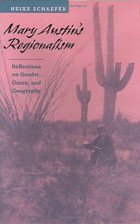
Mary Austin's Regionalism
Reflections on Gender, Genre, and Geography
Heike Schaefer
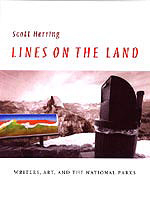
Lines on the Land
Writers, Art, and the National Parks
Scott Herring
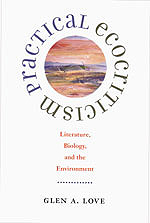
Practical Ecocriticism
Literature, Biology, and the Environment
Glen A. Love
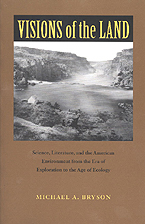
Visions of the Land
Science, Literature, and the American Environment from the Era of Exploration to the Age of Ecology
Michael A. Bryson
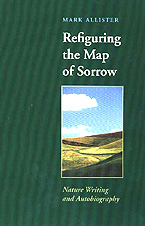
Refiguring the Map of Sorrow
Nature Writing and Autobiography
Mark Allister

Beyond Nature Writing
Expanding the Boundaries of Ecocriticism
Karla M. Armbruster and Kathleen R. Wallace, eds.